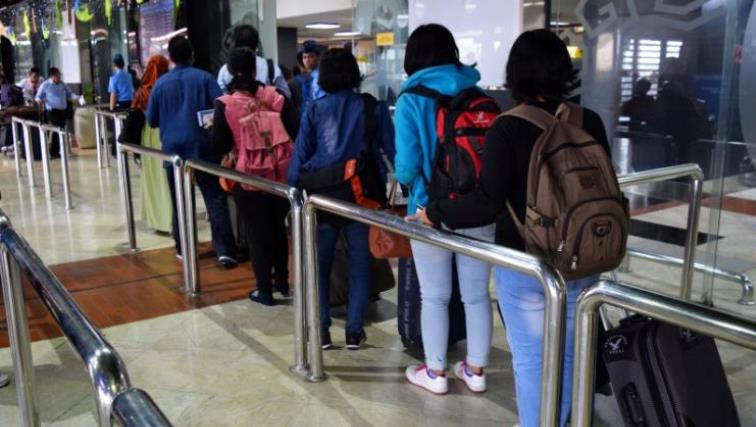Female domestic workers from Tanzania are being physically and sexually abused and exploited by employers in the Gulf, a rights group said Tuesday.
In a 100-page report on treatment of East African female domestic workers in Oman and the United Arab Emirates (UAE), Human Rights Watch (HRW) said workers “face excessive working hours, unpaid salaries, and physical and sexual abuse.”
“Many Tanzanian domestic workers in Oman and the UAE are overworked, underpaid, and abused behind closed doors,” said Rothna Begum, a women’s rights researcher with the New York-based watchdog.
“Workers who fled abusive employers or agents told us the police or their own embassy officials forced them to go back, or they had to relinquish their salaries and spend months raising money for tickets home.”
The majority of domestic workers in the Gulf come from Asian countries including the Philippines, India and Sri Lanka but as those nations have strengthened protections for their migrants, African workers have become more popular, it said.
There are, HRW estimates, “thousands” of domestic workers from Tanzania alone in the Gulf states.
Researchers interviewed 50 domestic workers and found that almost all of them had their passports confiscated on arrival and were forced to work up to 21 hours a day with no time off.
“(Workers) said they were paid less than promised or not at all, were forced to eat spoiled or left-over food, shouted at and insulted daily, and physically and sexually abused. Some of these cases amount to forced labour or trafficking into forced labor,” HRW said.
Some workers reported sexual abuse and attempted rape by employers or their relatives.
A visa-sponsorship system known as “kafala” also restricts migrant workers’ freedoms, making them hostage to employers, while existing labour laws are not applied to domestic workers.
However, blame also lies with Tanzania, HRW said.
“While Tanzania has expanded some protections for overseas migrant domestic workers since 2011, gaps in Tanzania’s recruitment and migration policies place workers at heightened risk from the outset and provide little opportunity for redress,” it said.
In addition, while Tanzania requires domestic workers to use authorized recruitment agencies many do not and contracts signed in Tanzania have “no legal standing” in the Gulf.
“Tanzania should ensure that women can migrate safely for domestic work,” Begum said.






